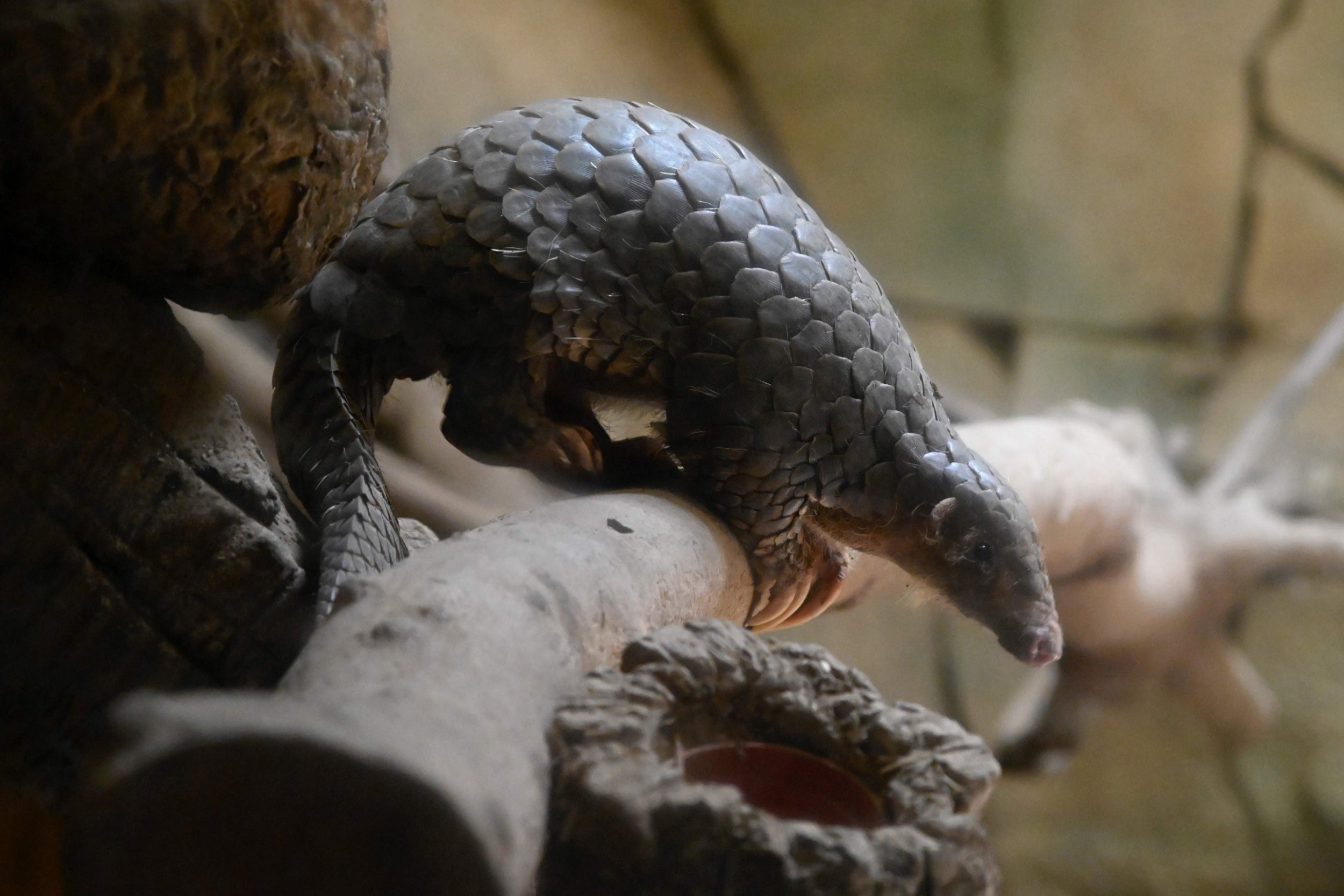This is a call to action – we need your help to tackle the illegal wildlife trade
We are asking companies, experts and organisations to contact us about how we can work together to end these horrific practices


Today I am issuing a call to action to tackle the illegal wildlife trade worldwide. It is a subject close to my heart and represents an urgent mission to learn from past mistakes and secure the future of this planet.
Coronavirus – which has devastated the world economy, killed hundreds of thousands and halted the march of progress on issues like the environment – was preventable. It very likely emerged from a live animal market in China, where rare animals like pangolins and wild animals like bats were sold.
Over the past few months The Independent has discovered other such markets across Asia. Our expanded campaign, now led by both The Independent and the Evening Standard to end these horrific practices, will be for the benefit of both humanity and the natural world.
That is why we are calling on individuals, experts and organisations to contact us about how we can work together to end this threat.
I was raised by my grandfather Vladimir Sokolov, who was the head of biology at the Soviet Academy of Sciences. He was one of the pioneers of the environmental movement and one of the early global sustainability advocates. I have wonderful memories of him introducing me to all manner of exotic animals to delight me as a child.
But wildlife are not simply extras in a human play, with the pangolin being an exemplary and tragic case. Poaching has reduced it to a critically endangered species. There is an uncomfortable symmetry here: the trade that has decimated pangolin numbers has returned to attack humans.
The origins of Covid-19 will remain murky. The conclusions are anything but. The illegal trade of wildlife must end. Along with Sars, it has likely produced two pandemics this century alone. The wildlife trade has devastated ecosystems and corrupted economies in developing countries.
To this end, The Independent and the Evening Standard have partnered with the wildlife charity Space for Giants, of which I am patron. Space for Giants is a world-renowned conservation organisation that works across Africa to protect elephants from poaching. With the help of readers, we succeeded in raising £500,000 in 2014 to combat the ivory trade across the continent and to protect affected communities.
Space for Giants now administers protected areas, employs rangers and works with governments across the world to defend wildlife and crack down on wildlife criminals. It has contributed to a reduction of 84 per cent in poaching in Laikipia County, Kenya. It will be our eyes and ears on the ground in this wildlife campaign.
Our #StopTheWildlifeTrade campaign is ambitious and broad. We will work to spread awareness about the scale and risks of this situation – and change attitudes among consumers. We will raise funds to support the vital conservation work of Space for Giants. And we will cooperate with agencies and governments around the world to lead an international effort to regulate the illegal trade of wild animals.
Our cooperation will and must extend to the governments of Asia, from which much of the demand for animal parts comes. This demand is often based on a traditional, outdated understanding of medicine.
We live in the 21st century: bear bile, pangolin scales and rhino horn are no match for modern medicine. But most Chinese people are on our side and are as horrified by the wildlife trade as we are, polls have shown.

Asian governments will be our partners in this campaign, and have been as badly impacted by the coronavirus as we have. I extend an olive branch to them: let’s work together on solving this global issue.
The UK is hosting the UN Climate Change Conference (COP26) next year. China is due to host the Convention on Biological Diversity later this year. Solid commitments from both of these conferences on the illegal wildlife trade would be a strong basis for a crucial diplomatic relationship.
Among so many other things, my grandfather taught me to respect wildlife. It has informed my lifelong conservation work.
I like to think he would be proud of this initiative to protect nature – and would join me today to ask for your help.
Evgeny Lebedev is a shareholder in The Independent and Evening Standard
Join our commenting forum
Join thought-provoking conversations, follow other Independent readers and see their replies
Comments
Bookmark popover
Removed from bookmarks